

Работа и карьера

Driver
Acted Armenia
13 Июнь 2025
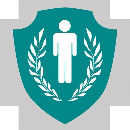
Ֆոնդհայթայթող
Սախարովի Անվան ՄԻՊՀԿ
13 Июнь 2025
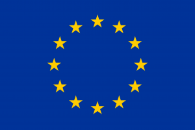
Trade Affairs Officer
European Union Delegation to Armenia, Yerevan
12 Июнь 2025

Senior Associate in Assurance
PwC
10 Июнь 2025

Finance Senior Associate/ Chief Accountant
PwC
10 Июнь 2025
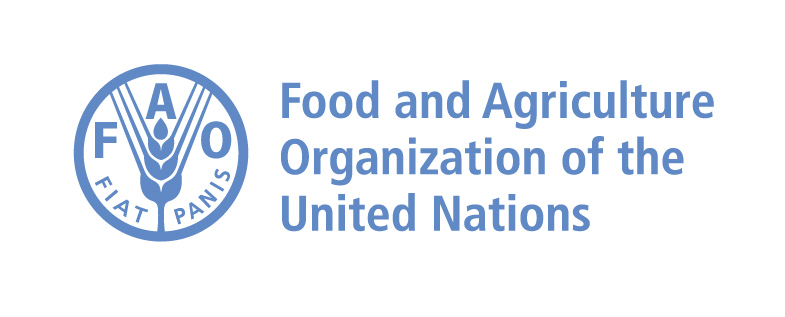
National Legal and Policy Expert
Food and Agriculture Organization of the United Nations
10 Июнь 2025

Project Development Officer
Acted Armenia
10 Июнь 2025
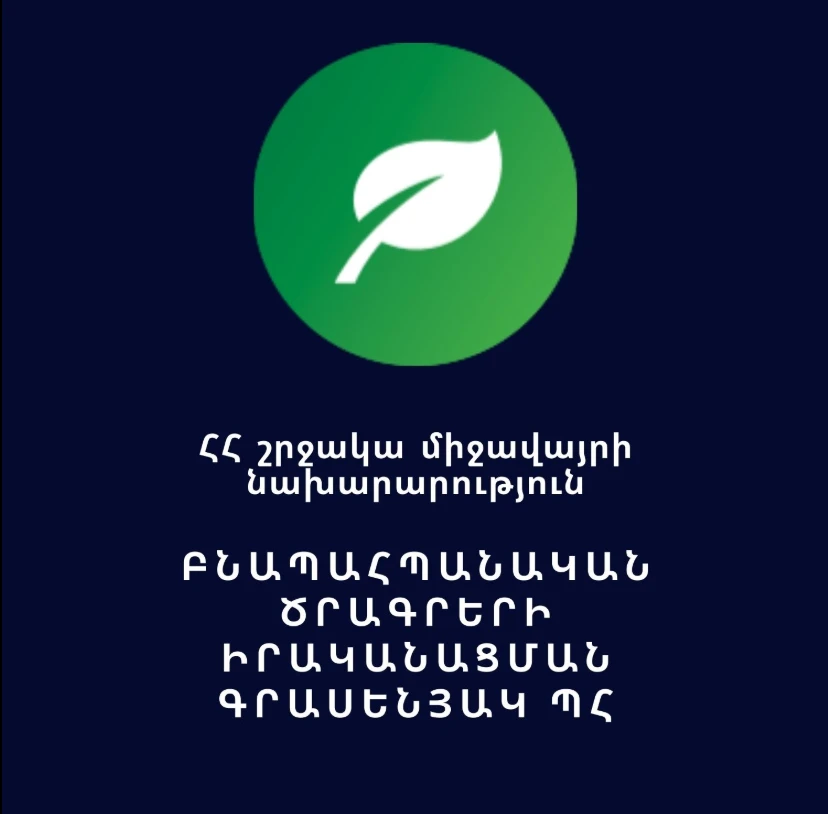
Consulting Services on Providing Technical Assistance for Reviewing Existing Guidelines for Development of and Management of Ecotourism
"Environmental Project Implementation Unit" (EPIU) State Agency Government
10 Июнь 2025
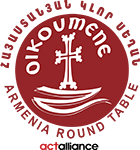
Expert
WCC Armenia Round Table Foundation
10 Июнь 2025
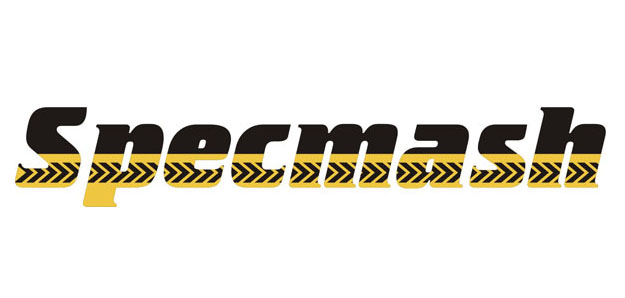
Վաճառքի Մենեջեր
Specmash
06 Июнь 2025

Feasibility Studies, Design, Tender Packages, Copyright Control (Author’s/follow-on Supervision) and Environmental Social Impact Assessment for Restoring Closed Mines in Tandzut (Lori Region) and Northern Kapan Waste Disposal Site (Kapan, Syunik Region)
"Environmental Project Implementation Unit" (EPIU) State Agency Government
06 Июнь 2025
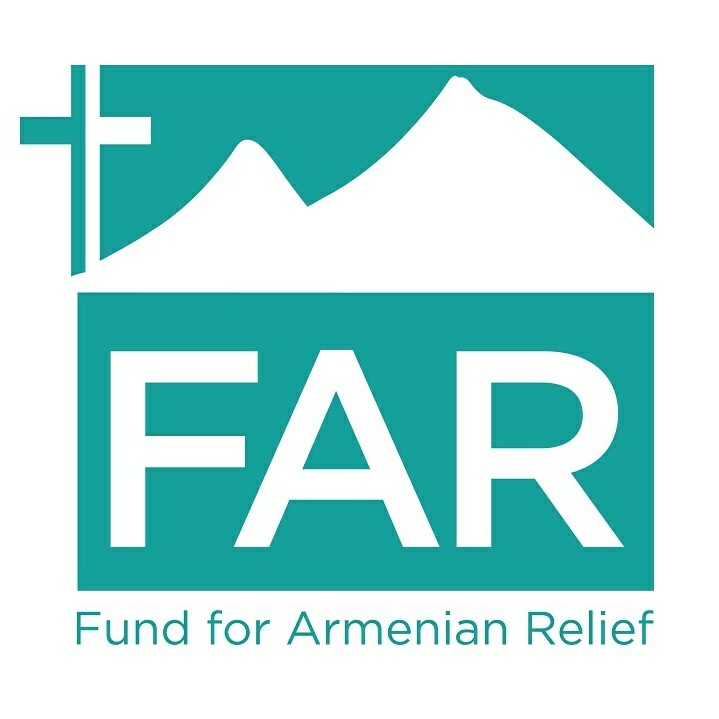
Կադրերի Պատասխանատու
Երեխաների Պաշտպանության Կենտրոն Հիմնադրամ
06 Июнь 2025

Ֆինանսական Մասնագետ
Երեխաների Պաշտպանության Կենտրոն Հիմնադրամ
06 Июнь 2025
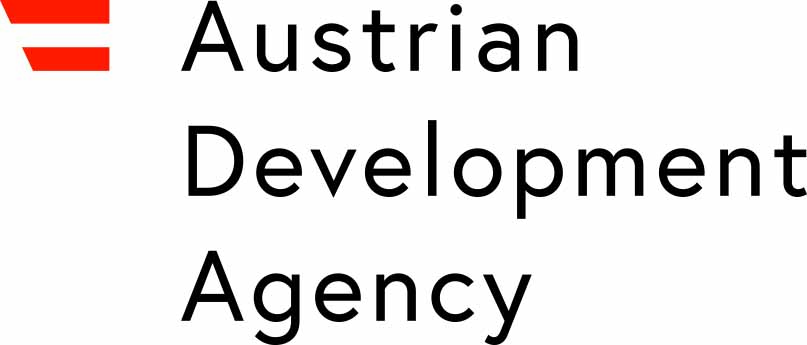
Capacity Development of Tourism and Hospitality Industry Representatives Digital Marketing in The Syunik Region
Austrian Development Agency
05 Июнь 2025

Policy Advisor
American Chamber of Commerce in Armenia
04 Июнь 2025

Development of a Methodological Guide and Model Legal Forms for the Judicial Protection of Community Rights
GIZ
04 Июнь 2025
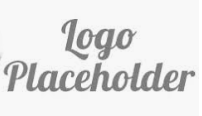
Գործավարուհի
Անուշ ՍՊԸ
04 Июнь 2025

Gender Equality and Social Inclusion (GESI) Officer
“The Branch of DAI Global UK LTD” in the Republic of Armenia
02 Июнь 2025
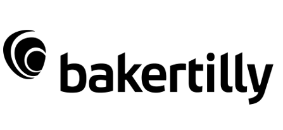
Assistant to the General Director
Baker Tilly Armenia
02 Июнь 2025
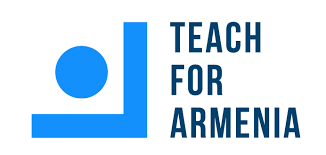
Development Officer (Armenia and Crowdfunding)
Teach for Armenia
29 Май 2025

Gender and Social Inclusion Expertise for the R2D Syunik Project
Austrian Development Agency
29 Май 2025

Corporate Lending Chief Specialist
EvocaBank
08 Май 2025

Digital Development Specialist
EvocaBank
29 Май 2025

Բժշկական Ներկայացուցիչ/ Medical Representative
Representative Office of "KRKA, Pharmaceutical Factory, d.d., Novo Mesto"
27 Май 2025
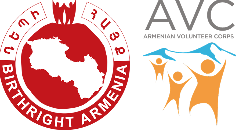
Call for Expression of Interest for the Development of the Volunteer Information Management System (VIMS) for Birthright Armenia and Armenia Volunteer Corps
Birthright Armenia & Armenian Volunteer Corps
23 Май 2025

Associate in Assurance
PwC
23 Май 2025

Development of the Draft Law on Inter-Community Cooperation in Armenia
GIZ
22 Май 2025
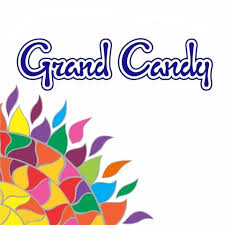
Հավաքարար/մաքրուհի
Grand Candy
22 Май 2025

Բանվորուհի
Grand Candy
22 Май 2025

Դենդրոլոգ
Grand Candy
20 Май 2025

Վարչական Գործառնությունների Կազմակերպման Պատասխանատու (Վարչական Պատասխանատու)
Երեխաների Պաշտպանության Կենտրոն
16 Май 2025

Public Relations Officer
Embassy of the United Arab Emirates in Yerevan
16 Май 2025

IT Administrator
Representative Office of KRKA, Pharmaceutical Factory, d.d., Novo Mesto
16 Май 2025

Trainer for Information Management Training Tailored to Social Workers
Acted Armenia
12 Май 2025

Senior Financial Risk Management Specialist
EvocaBank
12 Май 2025

Analyst of Customer Analysis Division
EvocaBank
07 Май 2025

Branch Manager
EvocaBank
07 Май 2025

Project Manager
EvocaBank
22 Май 2025

Teller/ Lunch Cover
EvocaBank
07 Май 2025

Teller
Evocabank
07 Май 2025

Digital Development Specialist
EvocaBank
07 Май 2025

SME Lending Senior Specialist
EvocaBank
07 Май 2025

Accountant
EvocaBank
17 Апрель 2025

Fraud Prevention and Investigations Specialist
EvocaBank
17 Апрель 2025

Technical Monitoring Specialist
EvocaBank
07 Май 2025

Network Administrator
EvocaBank
17 Апрель 2025

Senior Talent Acquisition Specialist
EvocaBank
17 Апрель 2025

Talent Acquisition Specialist
EvocaBank
17 Апрель 2025
Expert
| Компания: | WCC Armenia Round Table Foundation ООО |
|---|---|
| Длительность: | Total estimated duration: 1 month, including: - Preparation: 1 week, - Data collection: 1 week, - Analysis: 1 week, - Reporting and presentation: 1 week. |
| Крайний срок: | 16 June 2025 |
| Локация: | Էջմիածին, Армения |

ТИП КОНКУРСА :
Open callПОДРОБНОЕ ОПИСАНИЕ :
1. Objectives:The study will:
• Primarily:
Assess the economic impact of micro-grants on the income levels of refugee households from Nagorno Karabakh and war affected compared to similar households who did not receive micro-grants.
• Secondly:
- Identify and estimate any deadweight effects (i.e. instances where income increases would have occurred even without the grant).
- Evaluate whether the supported activities achieved sustainable income generation beyond subsistence, and to what extent they contributed to lifting households above the national poverty line (defined as 105,000 AMD/month plus 40%).
- Provide recommendations on how to continue the livelihood support component taking into account cost-effectiveness.
2. Scope of Work:
The consultant/team will:
1. Review Project Documentation:
- Project proposals, micro-grant guidelines, lists of beneficiaries, monitoring reports, training materials, and external evaluation.
2. Design the Study Methodology:
- Develop a comparative analysis approach comparing beneficiary households to a control group (non-recipients) with similar baseline characteristics.
- Develop a questionnaire and data collection tools focusing on household income, employment status, and sources of livelihood.
3. Data Collection:
- Conduct online/phone/person to person interviews with:
- A representative sample of one-third of grant recipients (including different activities like beekeeping, rabbit breeding, etc.)
- A matched control group of non-recipients, equal in size to the selected one-third sample of beneficiaries.
- Collect additional qualitative data to contextualize quantitative findings.
4. Data Analysis:
- Quantitatively compare income levels, income composition, and economic activities between the two groups.
- Assess deadweight effects by exploring alternative sources of income (e.g. remittances, other support from civil society organizations, state allowances).
- Estimate the proportion of grant recipients who achieved at least 40% above the national minimum wage (105,000 AMD/month) over 12 months.
5. Reporting:
- Draft a comprehensive report summarizing findings, including:
- Evidence of income/economic impact (or lack thereof)
- Identification of deadweight effects
- Assessment of the administrative effort vs. economic return
- Recommendations on continuation of the micro-grant component.
3. Methodology:
- Mixed-Methods Approach:
- Quantitative survey and statistical analysis to compare economic outcomes.
- Qualitative interviews or focus groups to understand household motivations and challenges.
- Triangulation of project monitoring data, external evaluation findings, and study results.
• Sampling:
- Stratified random sampling of beneficiaries by grant type (e.g. beekeeping, rabbit breeding, etc.).
- Selection of control group from similar demographic and geographic background.
4. Deliverables:
1. Inception Report (2 days after contract signing)
- Study design, methodology, sampling strategy, tools, and work plan.
2. Draft Report (2 weeks after data collection completion)
- Preliminary findings and analysis.
3. Final Report (1 week after feedback on draft)
- Incorporating feedback from ART.
4. Presentation of Results to ART and key stakeholders (ART donors).
ТРЕБОВАНИЯ :
- Proven expertise in impact evaluation, particularly income or economic impact studies;- Familiarity with refugee livelihoods and the context of Nagorno Karabakh refugees and war affected population;
- Experience with mixed-methods research and economic analysis;
- Ability to design and implement control group comparisons and address deadweight effects.
ПРОЦЕДУРА ПОДАЧИ ЗАЯВОК :
Please submit your CV and proposal including budget to [email protected] by June 16, 2025, 12:00 PM, only shortlisted candidates will be contacted.Подавая на вакансию, пожалуйста укажите Career Center как источник информации о вакансии и сайт www.careercenter.am. Спасибо!
ДОПОЛНИТЕЛЬНЫЕ ЗАПИСИ :
The consultant/team will report to the ART Executive Director, Programme Director and Programme Officer. Regular check-ins will be scheduled to review progress by ART Programme Officer.The budget will be determined based on the proposed methodology and team composition. Consultants should submit a financial proposal outlining their approach and expected costs.
О ПРОГРАММЕ :
Through 2023-2025 World Council of Churches Armenia Inter-Church Charitable Round Table Foundation (ART) has provided 80 micro-grants to refugees from Nagorno Karabakh to support small-scale agricultural and other livelihood activities in Ararat, Gegharkunik and Syunik regions. The beneficiaries of the project were individuals forcibly displaced from Nagorno-Karabakh, as well as locals affected by the 2020–2022 Nagorno-Karabakh war and Azerbaijani aggression—many of whom have lost a family member or have a relative who is missing or held captive. An external evaluation of the current phase of the project questioned the extent to which the micro-grants can be directly attributed to increases in household income, given that some beneficiaries might have started similar activities even without project support (deadweight effects).Moreover, the evaluation highlighted those indirect positive effects (e.g. psycho-social stabilization) — though valuable — cannot justify the micro-grant investment unless there is clear, attributable economic impact lifting families above the national poverty line.
This study is therefore commissioned to assess whether the micro-grants contributed directly to sustainable, significant increases in household income compared to non-recipient households, and to inform future decisions on the design and relevance of the micro-grant component.
